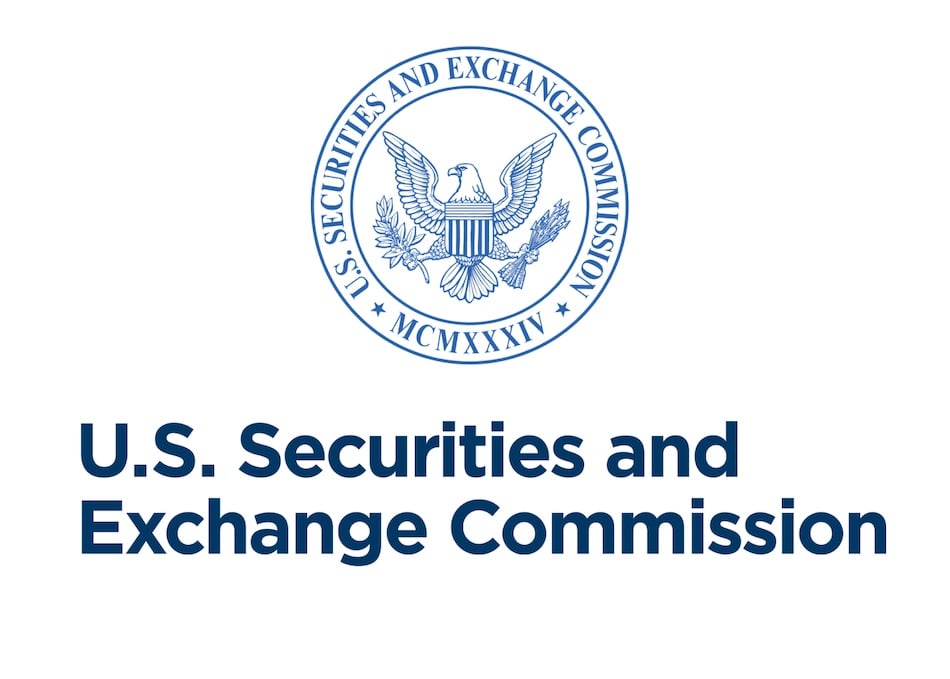
Key Takeaways
- The SEC has withdrawn 14 proposed rules from the Gensler era, including those affecting DeFi and bitcoin custody.
- Rescinded proposals would have classified DeFi platforms as securities exchanges and tightened custody requirements for digital assets.
- The move reflects a pro-bitcoin policy shift under President Trump and SEC Chair Paul Atkins, reducing compliance burdens and enforcement actions.
The US Securities and Exchange Commission (SEC) has withdrawn 14 proposed rules introduced between March 2022 and November 2023 under former chair Gary Gensler.
The rollback, announced on June 12, marks a significant shift in the agency’s regulatory approach toward digital assets and decentralized finance (DeFi).
SEC rescinded rules
Among the rescinded measures, one would have expanded the definition of securities exchanges to include DeFi platforms, bringing a wider range of blockchain systems under SEC oversight.
Another proposal targeted digital asset custody, requiring investment advisers to custody all client assets, including bitcoin, with only banks and broker-dealers meeting the SEC’s stricter criteria.
Eleanor Terrett, a former Fox Business journalist, commented on the custody rule:
“The Custody Rule aimed to cover all client assets including crypto, broadened what counts as ‘custody,’ and raised concerns about whether certain state chartered entities should be qualified custodians.”
Critics argued these rules would have hampered innovation and driven digital asset activity offshore by imposing excessive restrictions.
Pro-bitcoin policy shift
The SEC’s decision aligns with President Donald Trump’s deregulatory agenda, aiming to reduce compliance burdens in both traditional and digital markets.
In recent months, the SEC has dropped several lawsuits against bitcoin companies, signaling a move away from regulation by enforcement.
Current SEC Chair Paul Atkins has emphasized fostering responsible innovation and has begun introducing pro-bitcoin regulations. The rollback of the Gensler-era proposals provides digital asset managers and DeFi platforms with greater regulatory clarity and less restrictive operating conditions.




